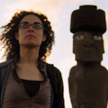
Melina Ellis
*eviction anxiety* Really love chatting with everyone- please keep me on! :)
Favourite Thing: Getting excited and my brain pumping and with ideas (philosophical, mind-bending or bizarre!) then testing out these ideas with experiments. I love learning about new things and the universe around us – the complexity of nature and how to make sense of it all! Also love being inspired to create and do things differently… Science is huge and in everything so you can find something that interests you and get involved!
My CV
School:
Brunswick Secondary College Class of ’97
University:
The University of Melbourne class of ’02 (Science) ’04 (Education)
Work History:
Have worked in a lab where they grew and replaced patient cartilage; Instructed/mentored undergraduate students learning about the body and brain; Have helped kids and people get interested in science through teaching; Was a checkout chick at Kmart during my studies.
Employer:
Department of Physiology, Melbourne University
Current Job:
Research assistant and lab manager
Me and my work
I make video recordings of wiggling pieces of gut and analyse them to find out how our digestive system is controlled by its own nervous system ‘the mini-brain’
We normally think of the digestive system as a long tube where food goes in, nutrients are absorbed and waste comes out the other end as… well we don’t really like to think about that! That’s true but the digestive system is able to do all this through a complex set of behaviours. My primary research requires carrying out experiments to understand how different nutrients regulate movement or “motility” within the digestive system of the guinea pig or mouse.
My research involves studying motility in isolation “in vitro” using a technique called video-imaging. This involves carefully dissecting a segment of intestine and keeping it alive at physiological conditions in an organ bath. The intestine moves by contracting rings of smooth muscle and we take videos of these movements, which are processed using special software to create spatiotemporal (ST) maps.
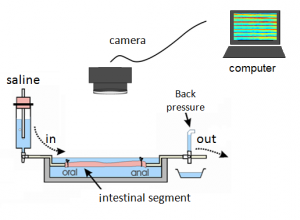
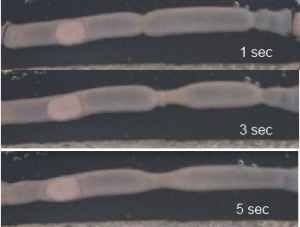
ST maps are colourful and accurate representations of intestinal movements that can be analysed precisely. A change in gut diameter when the intestine is actively moving (a contraction) is seen as yellow-red bands on a background of blue-green (when the tissue is relaxed). These contractions can run across the length of the map (x-axis- distance in mm) over the recording period (y axis- time in sec).
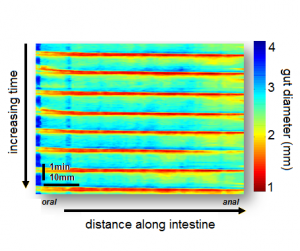
We can manipulate these patterns of motility to study the effects of a meal by adding different nutrients such as fats or glucose inside the intestinal lumen. We can also study various models of disease to investigate abnormal motility patterns and explore the potential for therapy with pharmacological interventions.
My Typical Day
I’m involved in lots of different things from planning, preparing and running experiments, analysing results, training/supervising students, organising meetings, reading up about all this crazy science happening around me and often being frustrated and challenged there’s always something new to learn.
What I'd do with the money
Would like to invest it towards innovative science projects on something like the website kickstarter (students can help to decide where and what – eg sending pongsats in space, stompy robot, etc)
My Interview
How would you describe yourself in 3 words?
curious. creative. collaborative. (and often confused!)
Who is your favourite singer or band?
lots of different musical influences (ask me!)
What is the most fun thing you've done?
cartwheel on top of Mauna Kea (a dormant volcano) on the Big Island in Hawaii
If you had 3 wishes for yourself what would they be? - be honest!
To realise my dreams and rise to the challenge. To help others realise their wishes/dreams! To make it to outer space and back.
What did you want to be after you left school?
Pathologist. Ufologist. Teacher. Artist. Food scientist.
Were you ever in trouble in at school?
Yes (don’t ask me!)
What's the best thing you've done as a scientist?
Helped to train and instruct others to develop skills in becoming scientists; contribute to a greater understanding of how the body works; learn to keep asking questions and persevere even if you feel like you’ve failed (it’s all part of the learning process!)
Tell us a joke.
Scientists are like children – creating mischief in the hope of trying to make sense of the world around them! (not a joke but it’s funny and true!)
Sports followed
Favourite team
My profile link:
https://organsa12.imascientist.org.au/profile/melinaellis/
 Print this profile
Print this profile



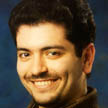
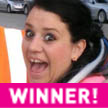
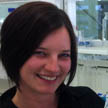
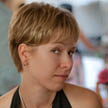




 Print this profile
Print this profile